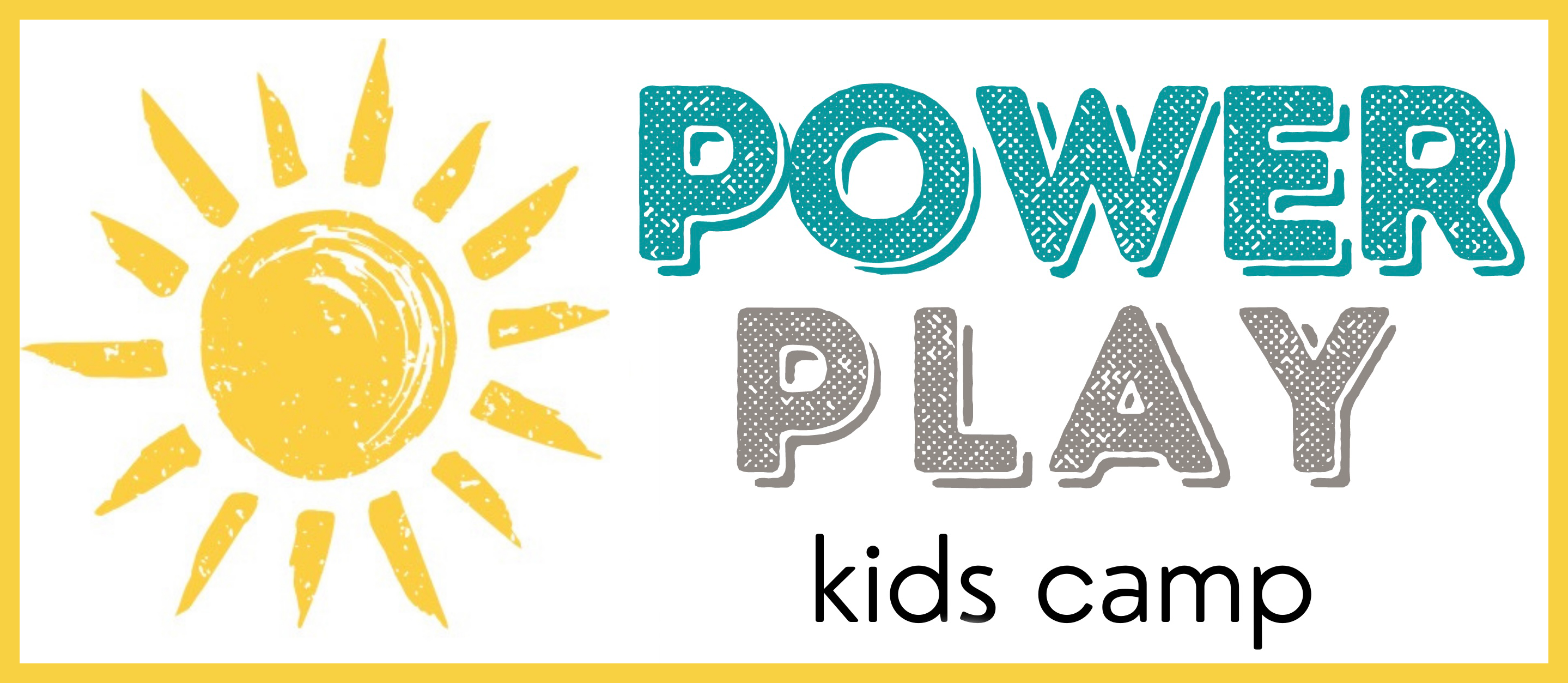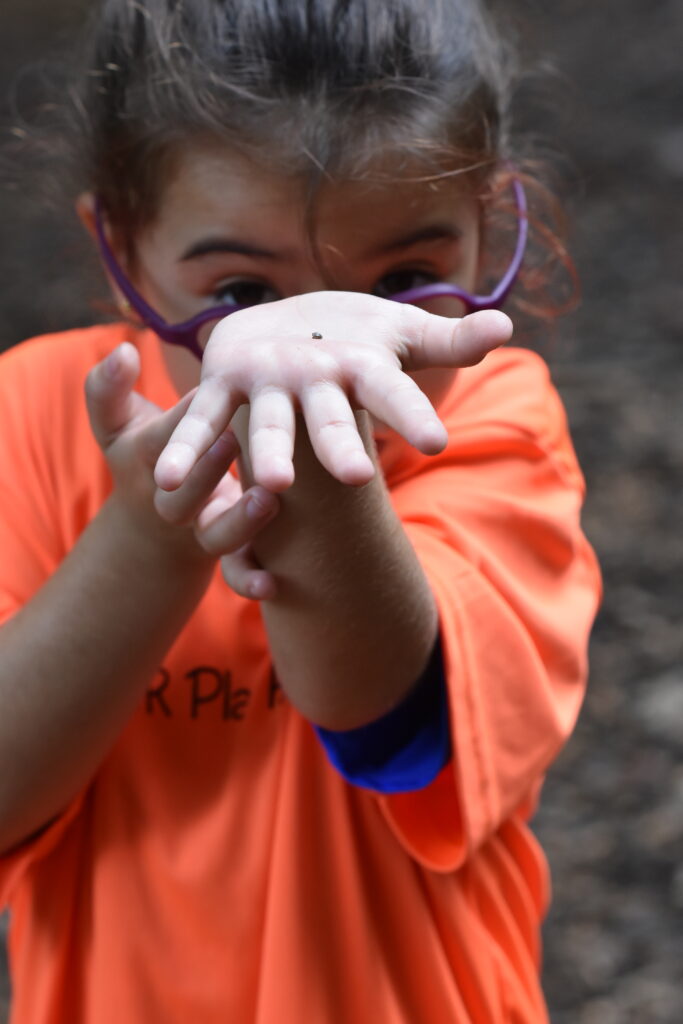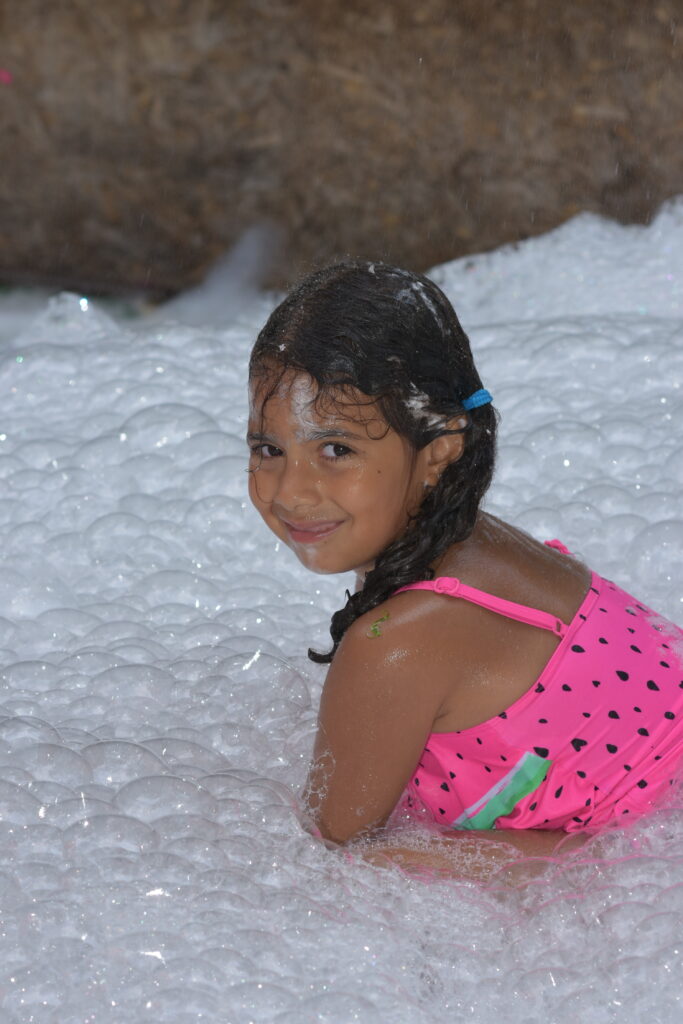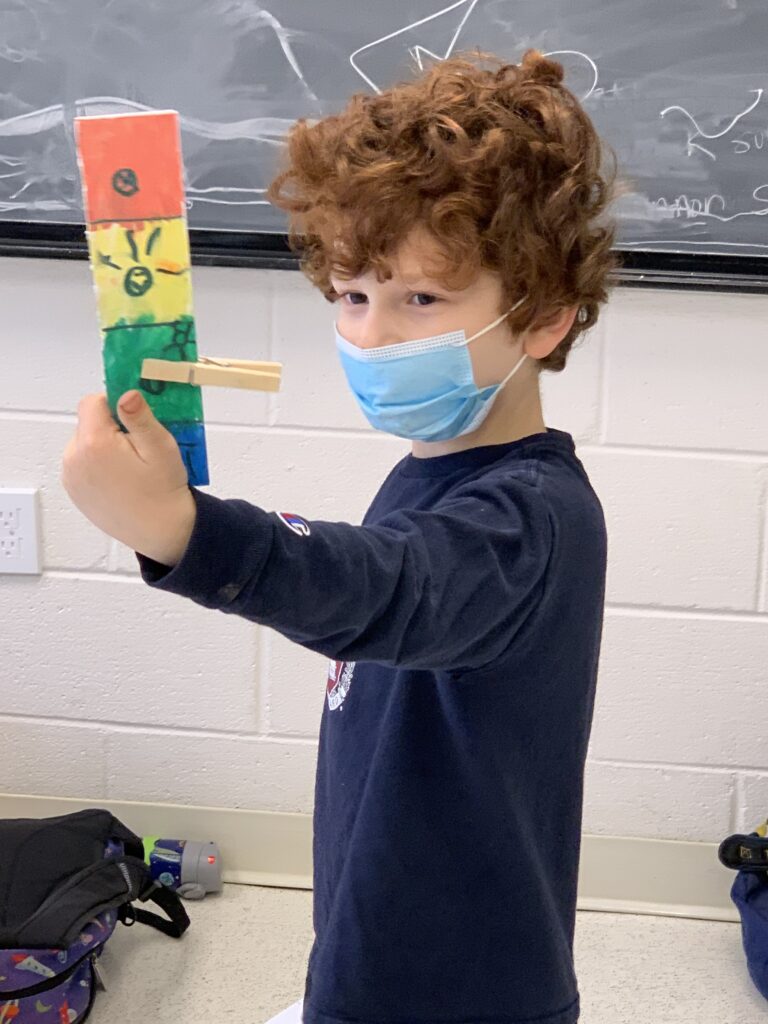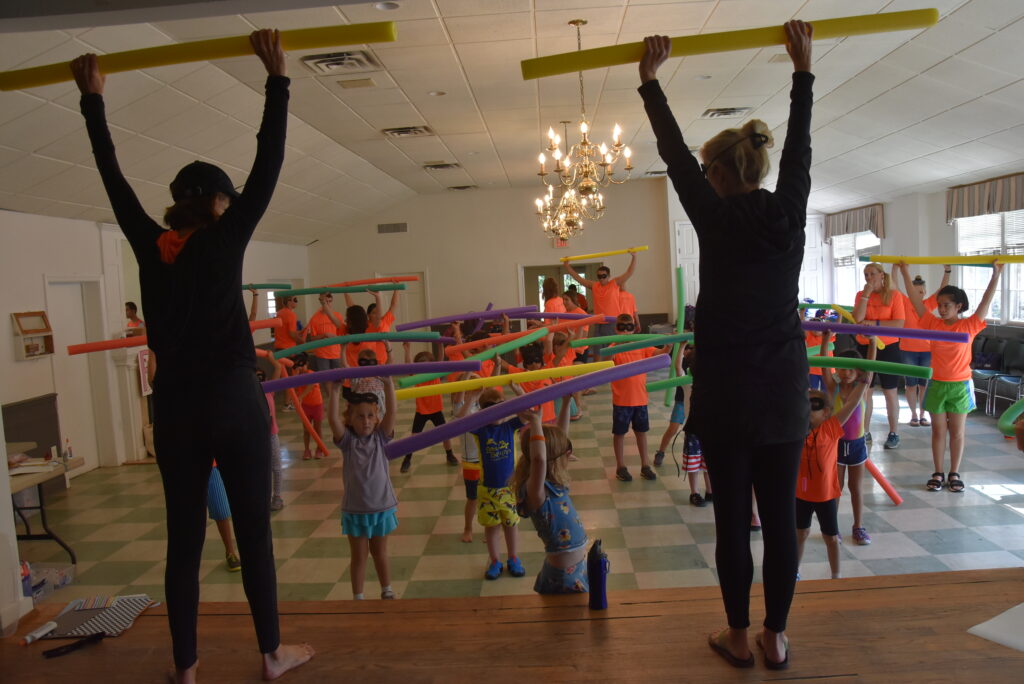POWER Skills
The letters of POWER represent skills or qualities that enable children to thrive across social settings and support their participation in a variety of settings. Two curriculums, Social Thinking by Michelle Garcia Winner, and The Zones of Regulation by Leah M. Kuypers, provide a foundation for the concepts, themes and activities planned for any camp experience.
P: stands for Play with a Plan In order to successfully carry out play schemes, solve problems, interact socially, or complete functional activities of daily living, one needs to be able to formulate a plan, modify as needed, and complete a plan.
O: stands for Observing and becoming more aware of our surroundings, other
peers, and how one’s actions impact others.
W: Stands for “We” To be successful across all social situations, one needs to consider others in addition to their own interests and ideas in order to collaborate and have fun. Practicing flexible thinking and problem-solving skills are important POWER skills emphasized through the letter W.
E: stands for Energy and Emotion These two systems impact our self-regulation to be able to make a plan, observe, think about others, and problem solve. Campers develop an understanding that various levels of energy and emotional states impact relationships and their ability to be a part of a group and complete tasks.
R: Stands for Rest and Relax and supports a child’s ability to recognize their energy state and regulate based on strategies practiced at camp.
In addition, we will support the understanding and use of POWER skills across more specific social and emotional nuances regarding the following topics:
Worry Wise (understanding worries, and strategies to overpower a worry)
Respectful Relationships (words and actions matter)
Making and Keeping Friends (handling friendship drama, conversational skills, and more)
Brain Skills (learning and practicing organization of time, space and materials at home and school, and other executive functioning skills)
Body Boundaries (understanding one’s own body bubble, how to defend your own, and how to respect others’ body boundaries)
Family First Aid (family communication and reaction styles, sibling bonds)
What Do I Say…(i.e. in a tough situation, to a bully, in response to teasing, when embarrassed, and more)
Self Esteem (building and maintaining confidence, recognizing personal strengths)
Tech Talk (positive & negative of technology and how it may impact our brain and relationships)
